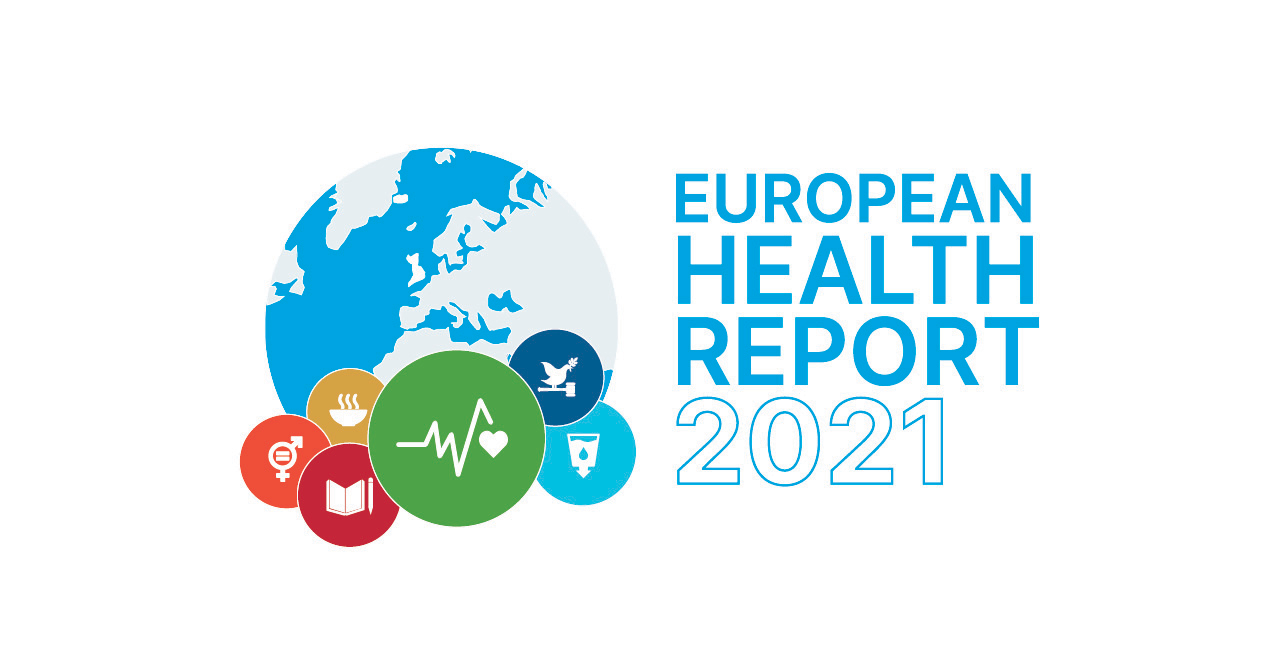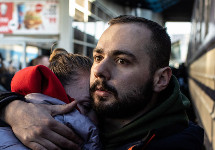- Home/
- Situations/
- Mpox (monkeypox)

Mpox (monkeypox) outbreak
Übersicht
On 15 August 2024, Sweden became the first country outside the African continent to confirm mpox clade Ib in an individual with travel history to central Africa. The confirmation of the case came just one day after WHO’s Director-General declared mpox a public health emergency of international concern (PHEIC) for the second time in 2 years, following an upsurge in new and concerning cases in the Democratic Republic of Congo and several neighbouring countries, including the emergence of a new strain – called clade Ib – which appears to be more severe than clade II, which has been circulating in the WHO European Region for some time.
This latest imported case comes more than 2 years after an atypical outbreak of mpox was declared in the Region in May 2022, following reports of a number of cases across several Member States not linked to countries where the disease is endemic.
The outbreak widened globally, prompting the IHR [International Health Regulations] Emergency Committee on mpox to recommend that WHO declare it a PHEIC for the first time, in July 2022.
Less than a year later, in May 2023, noting significant progress having been made in controlling the outbreak globally, including in the Region, the IHR Emergency Committee recommended that the PHEIC status be removed; the WHO Director-General accepted that recommendation, warning, however, that complacency was dangerous, and urging governments, health authorities and impacted communities to remain vigilant.
The patients initially presenting with mpox in the 2022 outbreak have mainly, but not exclusively, been identified among men who have sex with men (MSM) seeking care in sexual health clinics.
However, it is important to note that anyone who has close contact with someone who is infectious can catch mpox, regardless of their sexual orientation.
While anyone can catch mpox, not everyone is at equal risk. People who closely interact with someone who is infectious, including through sexual contact, are at greater risk for infection; particularly sexual partners, but also, potentially, household members and health workers.
WHO reiterates that there is no room for stigma and discrimination against individuals and communities impacted by mpox, including within the health-care sector. All governments and health authorities are urged to ensure that infected persons and those at high risk are afforded access to care and treatment in an environment underpinned by equity and dignity, in keeping with WHO's vision of health for all.
News from the Region
All →News from the global site
Documents
All →Publications
All →
In November 2022, WHO extended the HIPP surveillance system, designed for voluntary online reportingof coronavirus disease, to include notification of...

Joint bimonthly surveillance report on SARS-CoV-2 and mpox in animals in the European Region, May and...
Strengthened surveillance using a One Health approach in at-risk animal populations and at the animal-human-environment interface is required to timely...

Joint bimonthly surveillance report on SARS-CoV-2 and mpox in animals in the European Region, November...
Strengthened surveillance using a One-Health approach in at-risk animal populations and at the animal-human-environment interface is required to timely...

Joint bimonthly surveillance report on SARS-CoV-2 and mpox in animals in the European Region: September...
Strengthened surveillance using a One Health approach in at-risk animal populations and at the animal-human-environment interface is required to timely...






